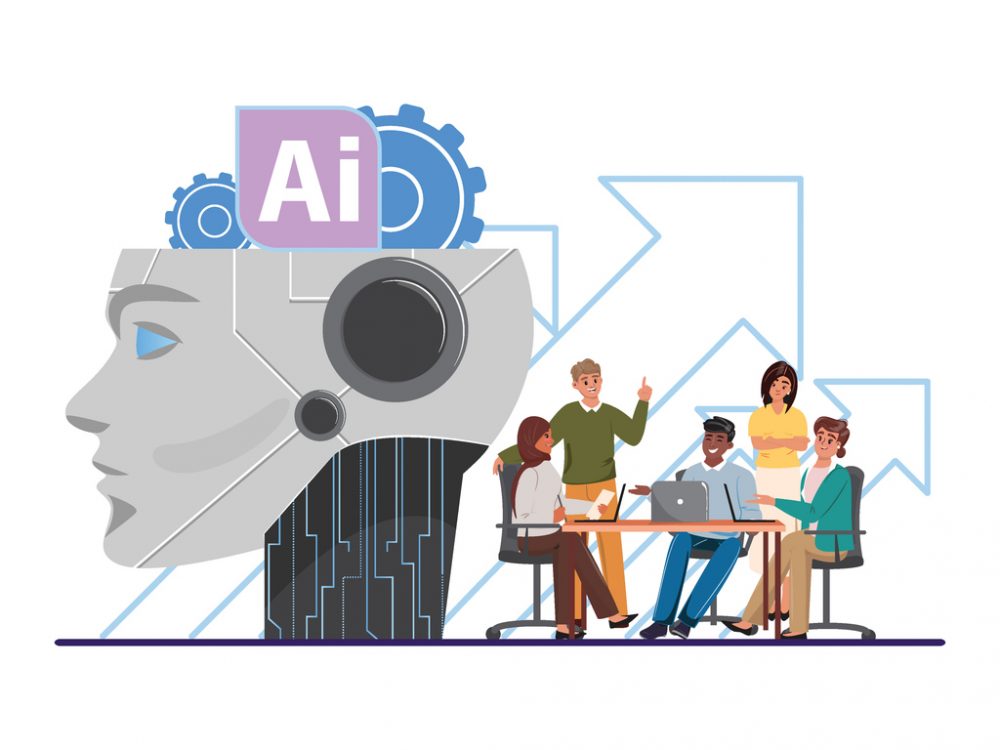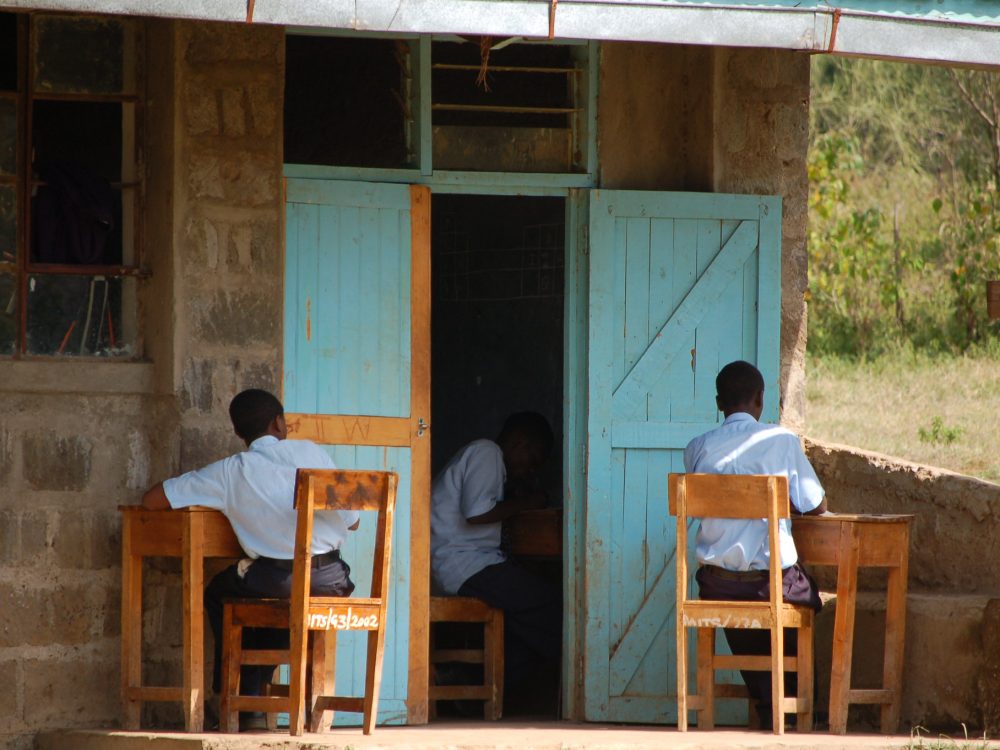FODEL Funds: Supporting Women in Mining Communities with WIM Guinea
Development Gateway: An IREX Venture’s (DG’s) and our implementing partner, Women in Mining (WIM) Guinea, held a validation meeting in the Boké region of Guinea on October 22, 2022 to present and confirm the findings of a data collection initiative that WIM Guinea conducted in the country’s Boké and Boffa mining subprefectures in April 2022. The data was collected in order to assess the impact of the Fonds de Développement Economique Local (FODEL)1 or, in English, local economic development funds. These funds are created from mining companies’ financial contributions and distributed to communities impacted by the mining activity. The results of the survey revealed certain aspects that could be improved to further enable women and women’s associations in mining communities to capitalize on these funds and better use them to support local development.
Mining for Data: What is WIM Guinea? And How Does DG Work with WIM Guinea?
WIM Guinea is a professional association that promotes social and economic empowerment of women in the extractive industry in Guinea and throughout West Africa.
With funding from the Canada Fund for Local Initiatives, DG first partnered with WIM Guinea in 2018 with the aim of advancing women’s standing in Guinea’s mining sector by, amongst other things, identifying and filling data gaps around women’s involvement in mining and their lives in these communities.
One of the first initiatives DG and WIM Guinea partnered on was the WIM Guinea Pilot Index, a tool designed to understand the challenges women face in the Guinean mining sector that limit their involvement and the mining resources they could benefit from. (The results from this Pilot Index can be reviewed here.)
Subsequently, DG and WIM Guinea are collaborating on gathering additional data to assess the use of FODEL funds as well as the impact it had on women in the Boké and Boffa subprefectures. This data will be available on a website, created by DG, that will be released in early 2023.
This blog details some of the early findings from this study.
A FODEL Tale: What is a FODEL fund? And How is it Used?
A FODEL fund is a type of loan provided by the local government to mining communities. The local government distributes these funds after receiving them from the national government, who collects them from the mining companies as part of the companies’ taxes.
The FODEL funds are distributed among the mining prefectures in accordance with the level of impact the communities have experienced as a result of the mining activities. FODEL funds are also distributed to specific groups within these communities. For example, 20% of the funds received at the community level go to women-initiated projects, projects supporting women and youth, enterprises, or economic interest groups (EIG). Overall, the aim of FODEL funds is to support income-generating and development activities that are included in the communities’ development plans.
In order to better support women in mining, DG and WIM Guinea conducted an assessment of the challenges women in mining faced before, during, and after receiving FODEL funds. The assessment surveyed about 700 women who worked with women’s associations in Boké and Boffa subprefectures.
What We Know so Far: The Assessment & Validation Meeting
With WIM Guinea’s supervision, eight data collection agents administered the questionnaire to a total of 11 communities—five in Boké and six in Boffa.
The results from the assessment offered a profile of the women who received FODEL funds in both locations. These women have high school diplomas and most engage in such development activities as vegetable gardening, fishery, dyeing, saponification (i.e., creating soap or alcohol products from fats and oils), and processing of raw materials (e.g., shea butter, palm oil, crops, etc.).
The assessment findings revealed that:
- Women believe that FODEL are beneficial to their associations. However, the funds were insufficient to help the women meet their objectives (e.g., for women’s associations working at improving agricultural performance, FODEL funds are too low to get proper inputs and fertilizer, equipment, or to secure and protect the farm from pests and diseases);
- The survey respondents experienced challenges in preparing sustainable proposals to receive FODEL funds and had difficulty managing funds once they were given; and
- Most significantly—many FODEL recipients weren’t aware that the FODEL funds are loans with no interest and not grants.
- Despite this confusion, most associations were able to reimburse a maximum of 70% of the lended amount. They attributed their reimbursement rate to the negative impact of mining activities on their soils and waters, high prices of fertilizers and agricultural inputs, and limited pest and disease controls.
In the validation meeting, 30 women from the mining communities participated and confirmed the above survey findings. Participants also confirmed that they did not receive documentation stating that the FODEL funds they received are loans that must be reimbursed. They received no information about the expectation or timeline for paying the FODEL funds back.
During the meeting, participants also discussed the negative impact they have experienced as a result of industrialized production—and the subsequent cheaper labor and products—that have displaced their localized, traditional method of production. For example, local women who dye fabrics reported finding that demand for their products is shifting to demand for the less expensive fabrics that are industrially dyed by groups that have come to the area with the international mining companies.
Next Steps
Alongside the upcoming release of the website collating all appropriate data gathered by DG and WIM Guinea, we will release a report offering recommendations on our various findings throughout this project. Stay tuned!
For now, lessons learned from the assessment of FODEL funds use include:
- Administrators of the FODEL funds need to create and/or revise communication efforts with FODEL recipients to ensure that the nature of the loan is clear—namely, that FODEL funds are loans and therefore, must be repaid and the timeline requirements for this repayment;
- Increasing the amount of funds given to FODEL recipients would be highly beneficial, if possible;
- Regulating local goods and services to promote local production in accordance with the mining code can further support women’s association; and
- There’s a need to strengthen local women’s capacities in project management.
Share
Recent Posts

Beyond Kigali: Where Does Africa Go from Here with AI?
As governments, funders, entrepreneurs, and technology leaders rally around the AI moment and move towards actions, at Development Gateway, we are asking a different set of questions: Where is the data, and what is the quality of the data behind the algorithms? How will legacy government systems feed AI tools with fresh and usable data? Are Government ministries resourced to govern and trust the AI tools that they are being encouraged to adopt?

Shared Struggles, Shared Solutions: Education and Cross-Sector Data Use Insights
This blog draws on DG’s experience in climate, health, aid management, and agriculture to explore connections between the challenges of data collection, data hosting, and data governance across different sectors and what the solutions to overcoming them can teach us about strengthening education data systems.

Economic Toll of Tobacco-Related Diseases in Kenya: New Research Findings
Development Gateway: An IREX Venture (DG) is pleased to announce the publication of a research manuscript on the Economic Costs of Tobacco-Related Illnesses in Kenya. This research was carried out as part of the Tobacco Control Data Initiative (TCDI) activities in Kenya and is part of a broader report on Morbidity and Mortality from Tobacco Use in Kenya.